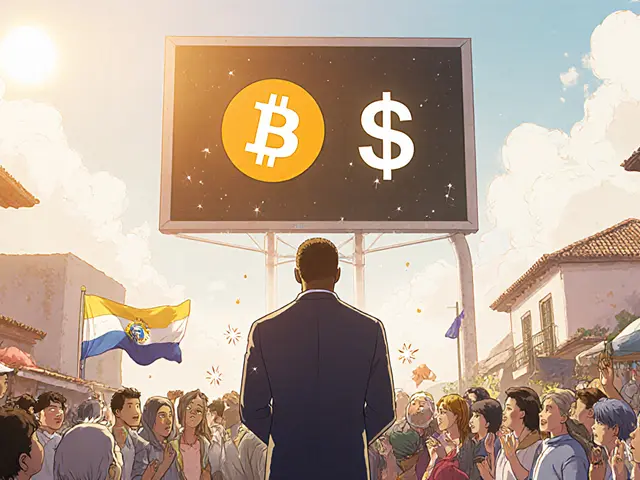2024 Crypto Sanctions – What They Mean for Crypto Users
When dealing with 2024 crypto sanctions, government actions in 2024 that freeze, limit, or prohibit specific cryptocurrency activities. Also known as crypto sanctions 2024, it forces traders, investors, and businesses to adapt their operations, compliance programs, and cross‑border strategies.
One of the biggest side effects is the rise of stricter global KYC & AML requirements, rules that demand identity verification, transaction monitoring, and reporting of suspicious activity. The FATF travel rule, the U.S. GENIUS Act, and the EU MiCAR framework all tighten up after sanctions hit, meaning anyone moving crypto across borders now needs tighter checks. At the same time, exchange geographic restrictions, limits placed on where centralized exchanges can offer services become more common, as regulators block access in sanctioned regions. This chain reaction pushes some users to explore crypto tax relocation, moving to tax‑friendly jurisdictions to reduce the fiscal impact of sanctions and avoid heavy reporting burdens. In short, 2024 crypto sanctions reshape compliance, limit market access, and motivate relocation strategies.
Below you’ll find a curated set of articles that break down each piece of this puzzle: from how sanctions affect exchange bans in Kazakhstan and Argentina, to detailed guides on meeting the new KYC & AML standards, and step‑by‑step advice on relocating to lower‑tax countries. Whether you’re a trader worried about frozen assets, a developer building a compliant platform, or an investor eyeing safer jurisdictions, the posts ahead give you concrete tools and real‑world examples to stay ahead of the curve.
Sanctioned Crypto Transactions Hit $15.8B in 2024 - What the Numbers Reveal
An in‑depth look at why $15.8billion of crypto moved through OFAC‑sanctioned wallets in 2024, the assets involved, key exchanges, DeFi's role, and what it means for future enforcement.





